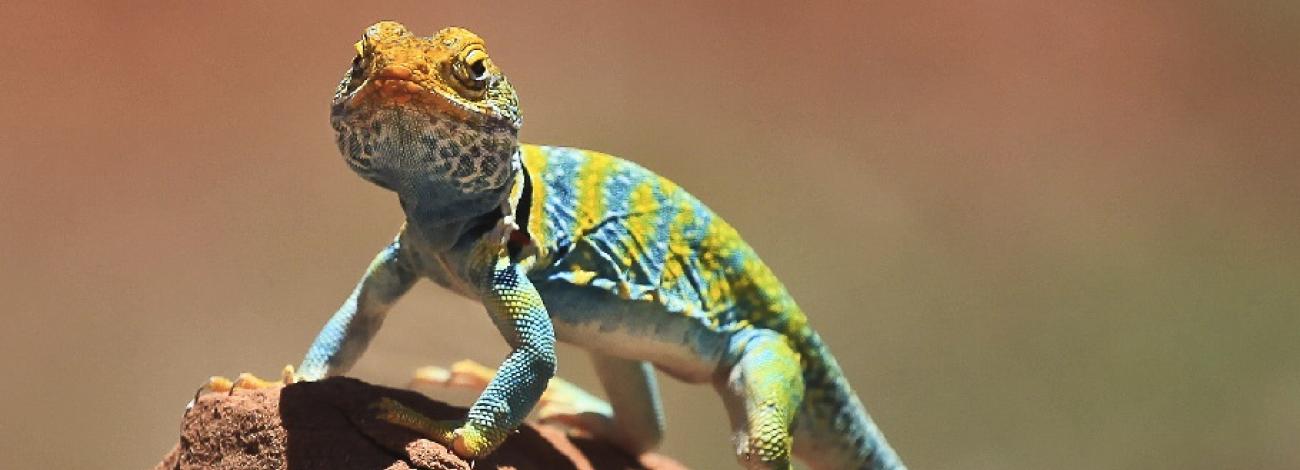
Wildlife Conservation
The BLM's Division of Fish and Wildlife Conservation provides national leadership to promote restoration, enhancement, and protection of fish, wildlife, and invertebrate species and their habitats. This includes supporting a diversity of fish, wildlife and plants, including threatened, endangered, “at risk”, migratory, and game species. In fact, the BLM manages more fish, wildlife and plant habitat than any other federal or state agency in the country; more than 3,000 species of wildlife live on BLM-managed public lands.
BLM-managed fisheries and wildlife resources are an important part of our multiple-use mission. Proper management of these resources keeps working public lands healthy and productive for current and future generations of Americans.
In managing fish and wildlife resources, the BLM uses partnerships and a tradition of inclusion. This means respecting the ties that native and traditional communities have to public lands, as well as being welcoming of diverse views. As a result, public lands managed by the BLM contribute to among the most diverse fish and wildlife species and habitats nationwide, including threatened, endangered, "at risk", migratory, and game species.
Learn more about our fish and wildlife programs:
Banning cyanide predator-control devices on public lands
The BLM is taking action to end the use of M-44 devices that deliver sodium cyanide on public lands. The BLM has renewed a Memorandum of Understanding with the U.S. Department of Agriculture’s Animal & Plant Health Inspection Services (APHIS) Wildlife Services regarding wildlife damage management. The BLM has also issued internal guidance to clarify the prohibition.
An M-44 is a spring-loaded device staked in the ground at surface level that can be loaded with a sodium cyanide capsule and baited to attract predator species. When triggered, the spring ejects a lethal dose of cyanide into the biting animal’s mouth, resulting in death within one to five minutes.
The BLM’s ban on M-44 devices that deliver sodium cyanide will not result in additional limits on other predator control techniques on public land.
